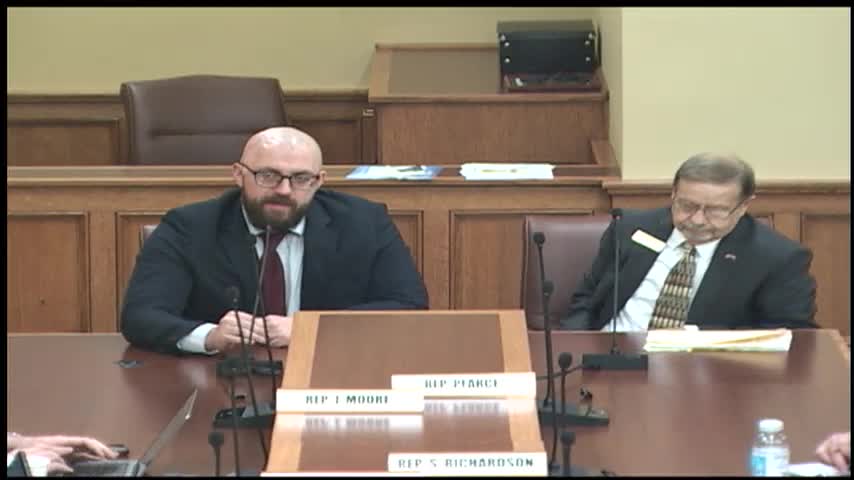Article not found
This article is no longer available. But don't worry—we've gathered other articles that discuss the same topic.
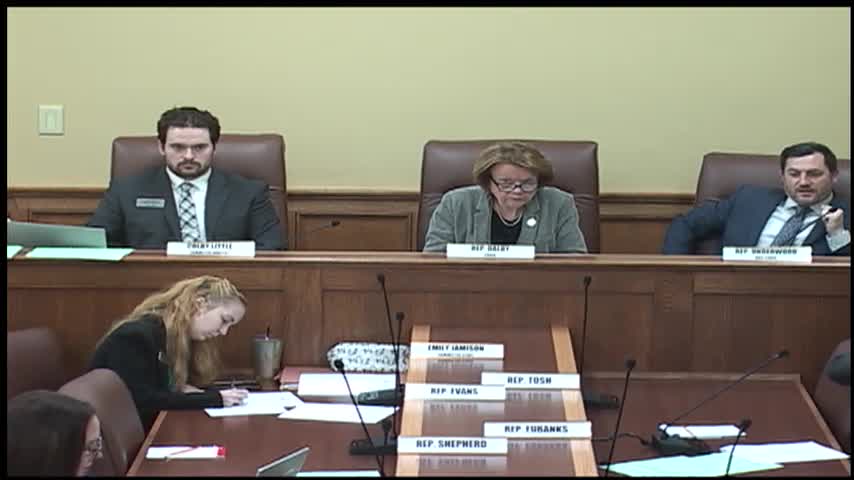
Representative Clowney presents bill to prohibit nonconsensual tracking devices; survivor urges passage
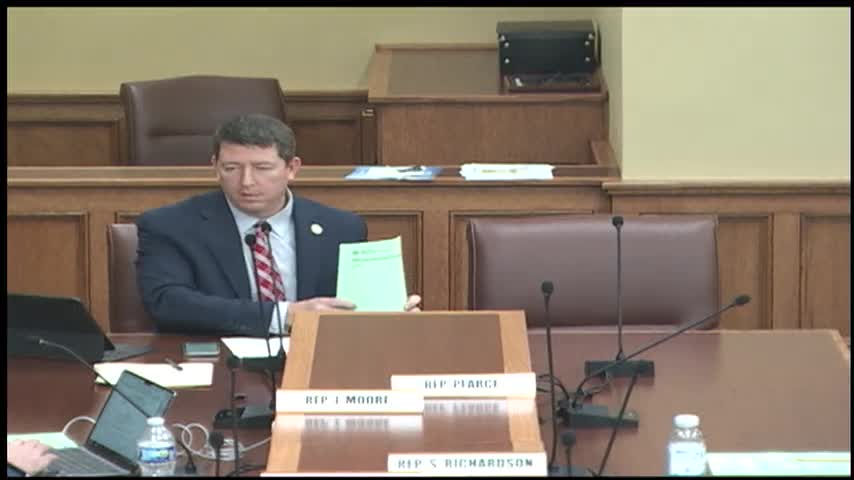
Committee approves bill to allow judges to intercept state tax refunds for unpaid fines and fees
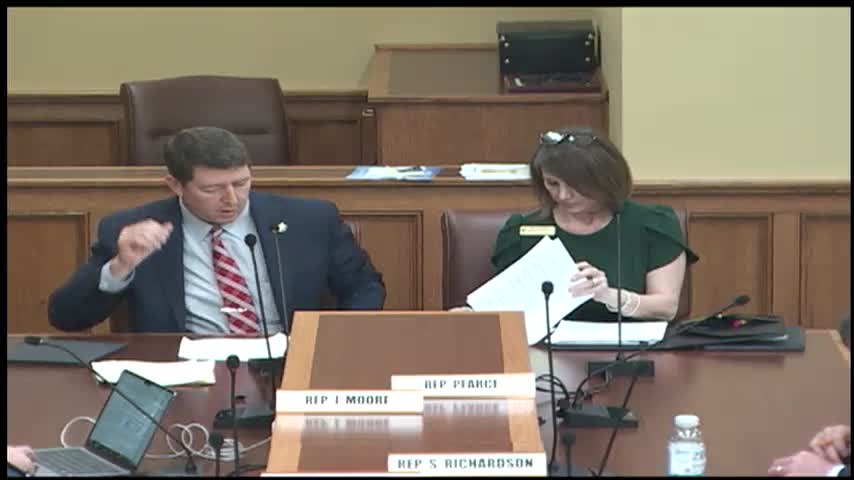
Committee endorses statute to mirror district-court postponement practice
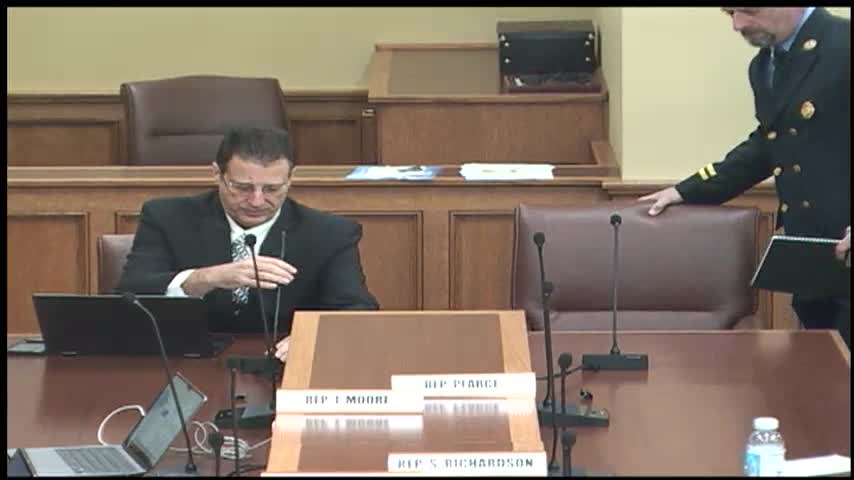
Committee declines bill to give fire-department bomb techs limited arrest authority
